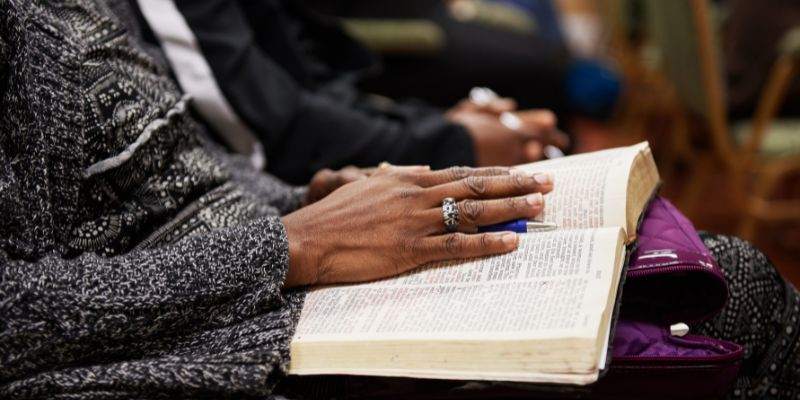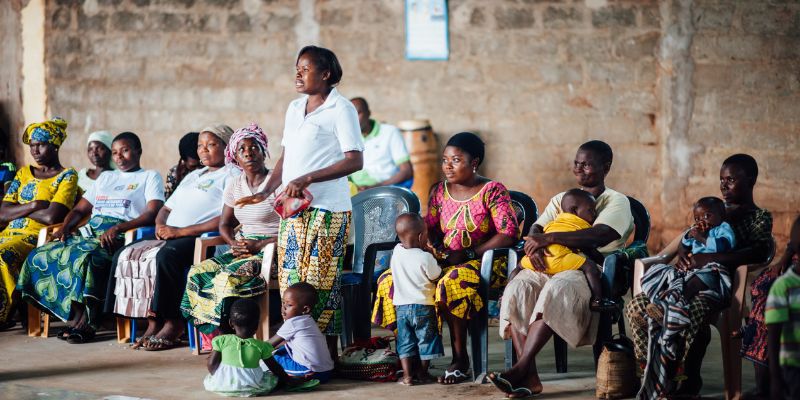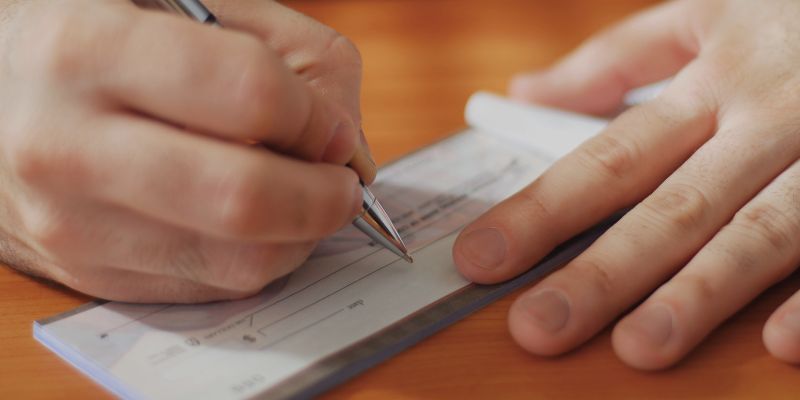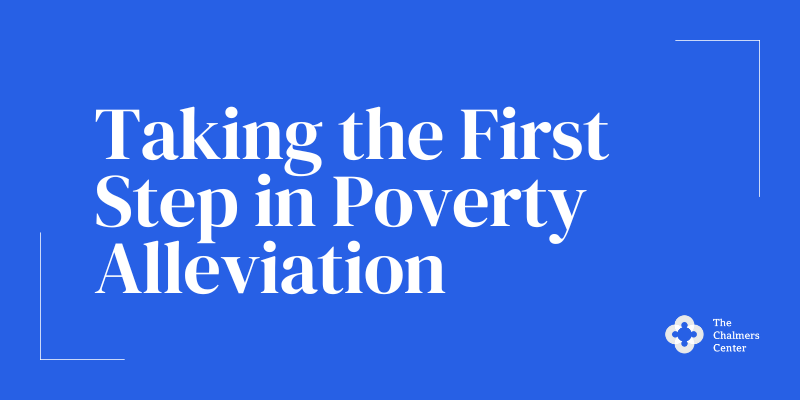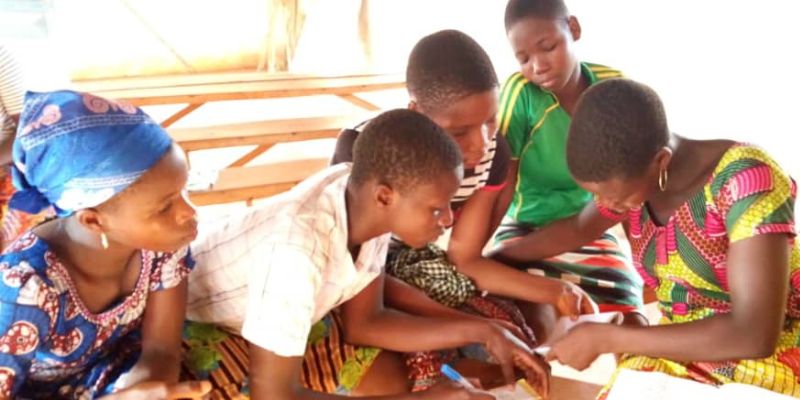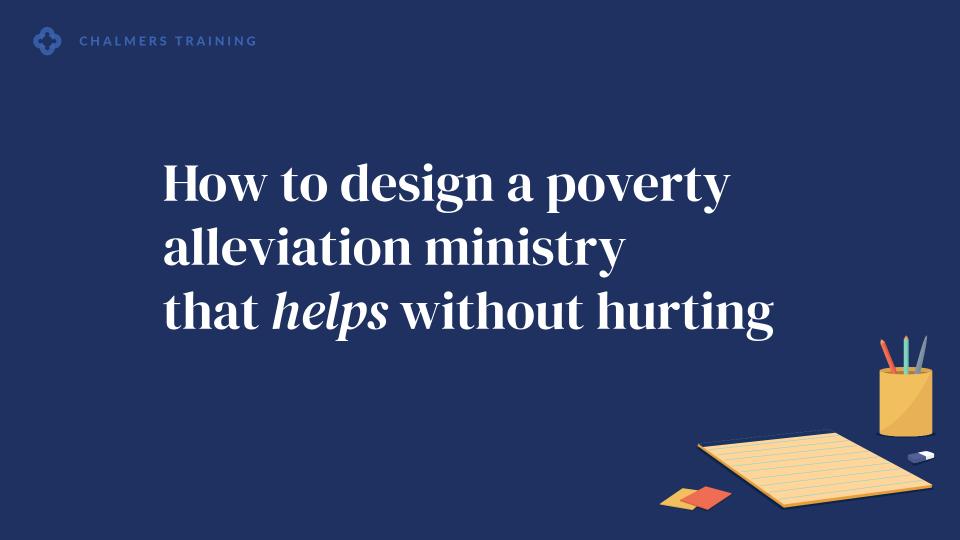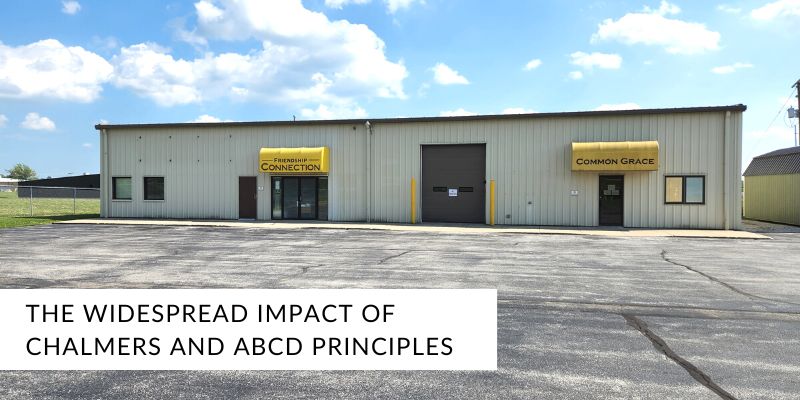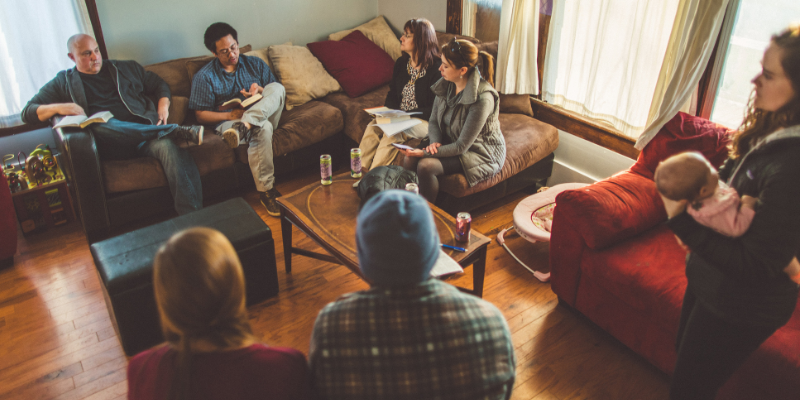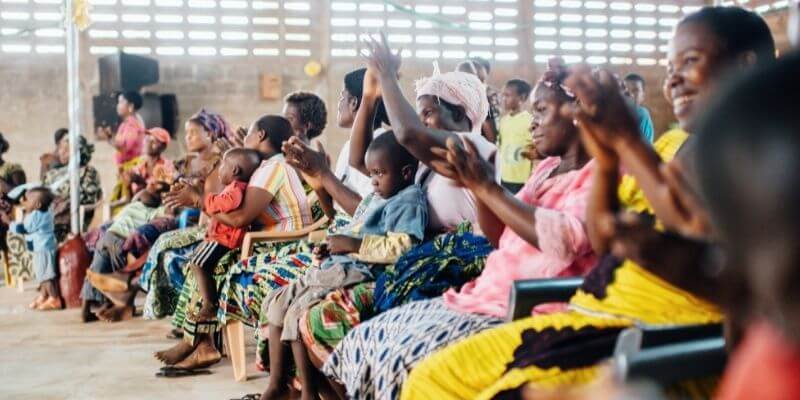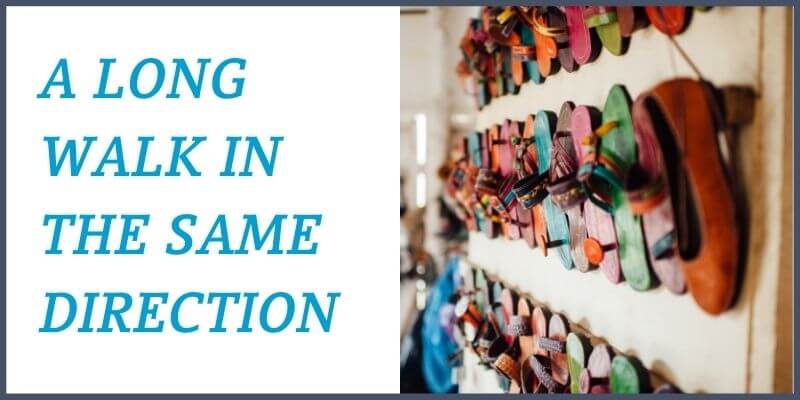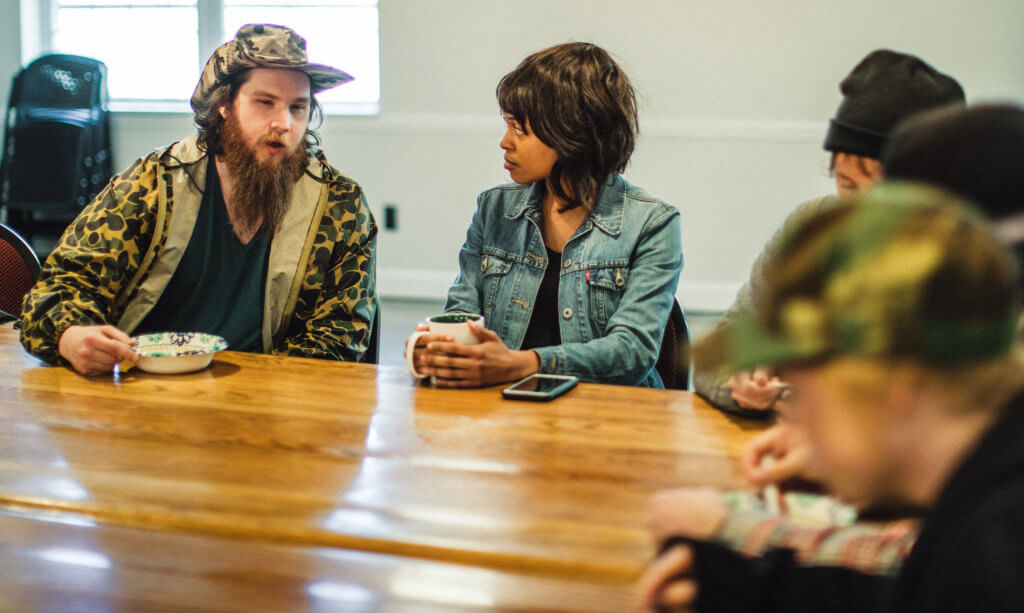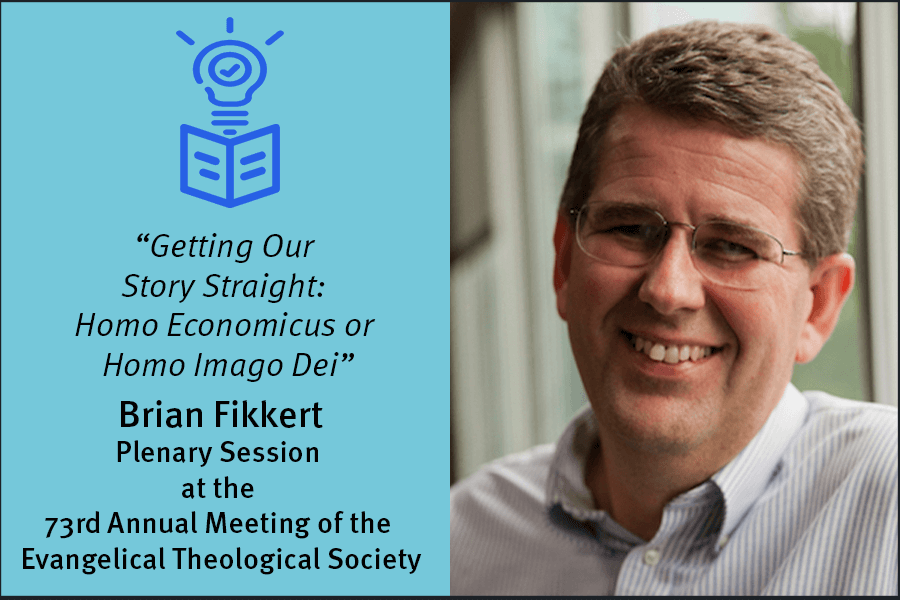Search
Categories
Tags
Posts in “Helping without Hurting”
Doing Benevolence Ministry in Your Unique Context
In our Helping without Hurting in Benevolence Ministry training, we share principles and tools to help you build a ministry that leads to real change. But there isn’t a one-size-fits-all solution for every church. In order to create a benevolence program that works for your specific church context, you may need to make adjustments to fit your church’s specific capacity.
Helping End the Orphanage Era
“30,000 Haitian kids live in private orphanages. Officials want to shutter them and reunite families.” This was the headline of an Associated Press article published this summer in over 600 media outlets around the U.S.. It shares how Haiti’s orphanages and children’s homes have long served as a band-aid to more complex problems, such as extreme poverty and lack of access to quality education.
Investing in Change: Helping that Helps
Poverty is a complex issue affecting billions of people around the world. In 2023, the World Bank estimated 3.6 billion people worldwide were living on less than $6.85 per day and over 650 million were living in extreme poverty on less than $2.15 per day 1 If God’s people want to follow the heart of our gracious and compassionate God and take seriously His commands to care for those in poverty (Ex. 23:6, 11; Lev. 19:10, 23:10, 25:35-39; Deut. 15:4-7; Gal. 2:10; James 2:1-7; etc.), we should not let staggering numbers like this pass us by.
The Ministry of Writing Checks
There’s an idea out there that giving money to a poverty alleviation ministry is a cop out to being personally engaged in the ministry. But those directly involved in on-the-ground development ministries have a different view—that the most relational thing many people can do to help end poverty is actually writing checks to organizations that do effective, asset based, participatory development.
A Framework for Effective Benevolence
One of the most important questions that we should ask as we engage in any kind of poverty alleviation work is “What is poverty?” Because the way that we diagnose the problem determines the solutions that we used to alleviate the problem.
Taking the First Step in Poverty Alleviation
As followers of Jesus, when we see material poverty in the world around us, our first instinct is often to do something about it. But where should we start? What’s the first step in poverty alleviation?
Designing Innovative Solutions to Problems
Have you ever been working on solving a complex problem and felt stuck? You knew there had to be a way forward but you just couldn’t see it? That’s how designing a poverty alleviation ministry can feel. Take the issue of food insecurity as an example. Most people are familiar with a “soup kitchen” model…
Designing Ministries That Help without Hurting
Since publishing the book, When Helping Hurts in 2009, the Chalmers Center has received countless questions from people who want to know how to create a ministry that helps without hurting.
Faithful Presence: Why “Hanging Out” Is Vital to Long-Term Development
Adapted from When Helping Hurts, 75-79. Defining poverty alleviation as the reconciliation of people’s four key relationships with God, self, others, and creation shapes the methods our churches or ministries should use to achieve that goal, with major implications for how we choose, design, implement, and evaluate our efforts. Because every one of us is…
Short-Term Missions that Avoid Long-Term Harm—Part 1
Adapted from Helping Without Hurting in Short-Term Missions: Leaders’ Guide, 29-31. Much international travel, particularly to and from countries with limited healthcare infrastructure, has been on hold for the past 2 years due to the Covid-19 pandemic. As short-term trips begin to become a possibility again, it’s important to remember some best practices for short-term…
Skin in the Game
Adapted from A Field Guide to Becoming Whole, 113-115. One of the most challenging elements of any poverty alleviation effort is identifying people who are truly ready to change. If the goal of poverty alleviation is spirit-led transformation—seeing people restored to who God created them to be—it’s important for us to recognize that sustainable, long-term…
A Long Walk in the Same Direction
Adapted from A Field Guide to Becoming Whole, 107-112. When followers of Jesus describe our relationship with God, we often use the language of a “walk with God” or “Christian walk.” That’s because spiritual growth is not a sudden jolt into greater maturity. Instead, it’s the patient outworking of the Spirit of God in our…
Helping Without Hurting in Financial Partnership
The Chalmers Center’s Founder and President Brian Fikkert was recently interviewed on the Finish Line Podcast on the topic “When Helping Hurts in How We Give.” The Conversation covered many themes from When Helping Hurts and Becoming Whole—including understanding when to apply relief, rehabilitation, and development in poverty alleviation as well as how to flip…
Audio: Brian Fikkert Plenary Talk at ETS
On November 18, 2021, the Chalmers Center’s Founder and President Brian Fikkert was invited to deliver a plenary address at the 73rd Annual Meeting of the Evangelical Theological Society in Fort Worth, Texas. His talk was recorded and is now made available here.
- « Previous
- 1
- 2
- 3
- Next »


